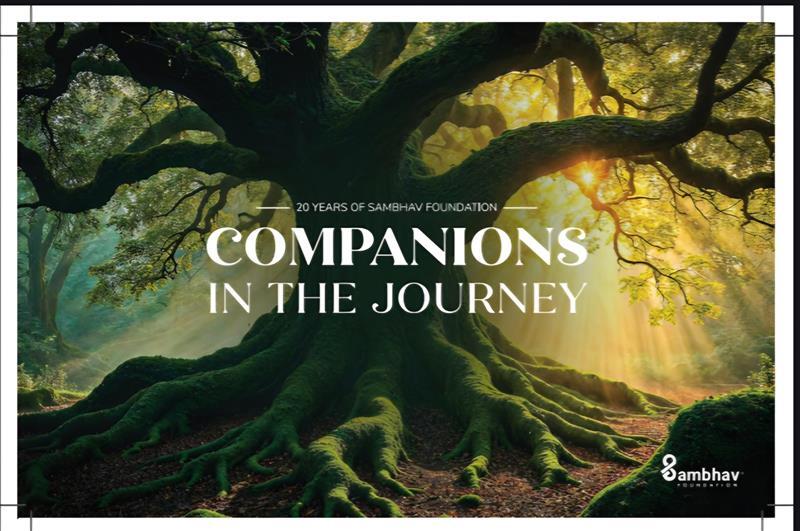How do you teach people how to express themselves? How do we convince organisations that communication skills are important?
The digital divide or gap in learning levels in the population is easily apparent — but there is a huge deficit of soft skills or general skills among our youth. That’s something we need to talk about.
This gap in general skills isn’t just about English proficiency. It’s about clear communication, creative thinking and time management.
We’re often led to believe that good communication or soft skills is more an intangible art than a science. Or that it takes a long time to learn them. Aspects of these are true. But is there an alternative?
1 Question.
- How can we fastrack the teaching of communication and soft skills, while making it accessible for young students?
2 Perspectives
- Soft skill trainers, where art thou?
The government’s National Policy on Skill Development clearly mentions the need for soft skill training, especially for the unorganised sector. But in my experience with vocational education, these general skills are often an afterthought — like safety training.
This needs to change. We need a separate cadre of soft skill trainers who are able to connect with the students, and impart them in an efficient manner.
- Aligned expectations
There was an interesting survey conducted by the Observer Research Foundation in 2020. It found that 32% of recruiters in blue collar job roles value soft/general skills even more than technical skills.
Trustworthiness, teamwork, clear communication and active listening were some traits they valued. Contrast this with the expectations of job seekers — they valued job placement (71%) and job-specific skills (63%) the highest, while development of general skills (43%) came later. There’s clearly a disconnect in the way industry and job seekers perceive soft skills. There needs to be closer alignment on this.
3 Factors
- Increased exposure. Those of us privileged enough to learn in Tier-I and Tier-II educational institutes often discount the huge impact a ‘collegial’ atmosphere had on our personality. Our MBA and post graduate colleges also double up as finishing schools. They get the rough edges off from our personalities; events like college fests provide opportunities for self-expression, and avenues to explore passions.
But the scope of learning for vocational education students is often limited to technical skills. These are students with a lot of ‘firsts’ — first generation learners, first time in a city, first time entering a formal space of work. They too need some of the exposure and opportunities afforded to their private education counterparts.
- Linking general skills to business outcomes. How can we quantify the benefits of skilling training? Showing clear outcomes in productivity and other business metrics is a good way to convince companies and young professionals to take soft skills seriously.
An independent study conducted in 2018 proved the link between soft skills and productivity. The study tracked female garment workers who were undergoing training under the P.A.C.E programme*.
Observed over six months, the P.A.C.E-trained workers were 12% more productive than their peers; they were 15% more likely to ask for additional training. What’s more, there was a return of 250% to the firm over the cost of training over the next eight months. Corporate organisations partnering with the Sector Skill Councils to implement a general skills training programme at scale is a great way to drive outcomes.
- A ‘soft skill’ culture
We also need a culture that values soft skill training. The floor workers at Toyota’s car assembly plant in Japan could famously bring the entire production to a halt by pressing a button if they noticed something off with the manufacturing process. Their inputs were valued. The issues they flagged were reviewed at the very top, and the process changed. That’s the secret of the quality of Toyota’s cars. Do our companies make space for such inputs?
Let’s put it another way — are there enough opportunities for blue collar workers to rise to managerial positions? Do they have adequate support? People will value soft skills if they can see clear paths where they can be put to use!
So let’s start by teaching our young students and working professionals the importance of speaking up, and speaking well!
What do you think?
Until next time,
*(P.A.C.E or the Personal Advancement & Career Enhancement, is a training programme incepted by the American clothing retailer GAP. It has a strong general skills training component)
Source:




